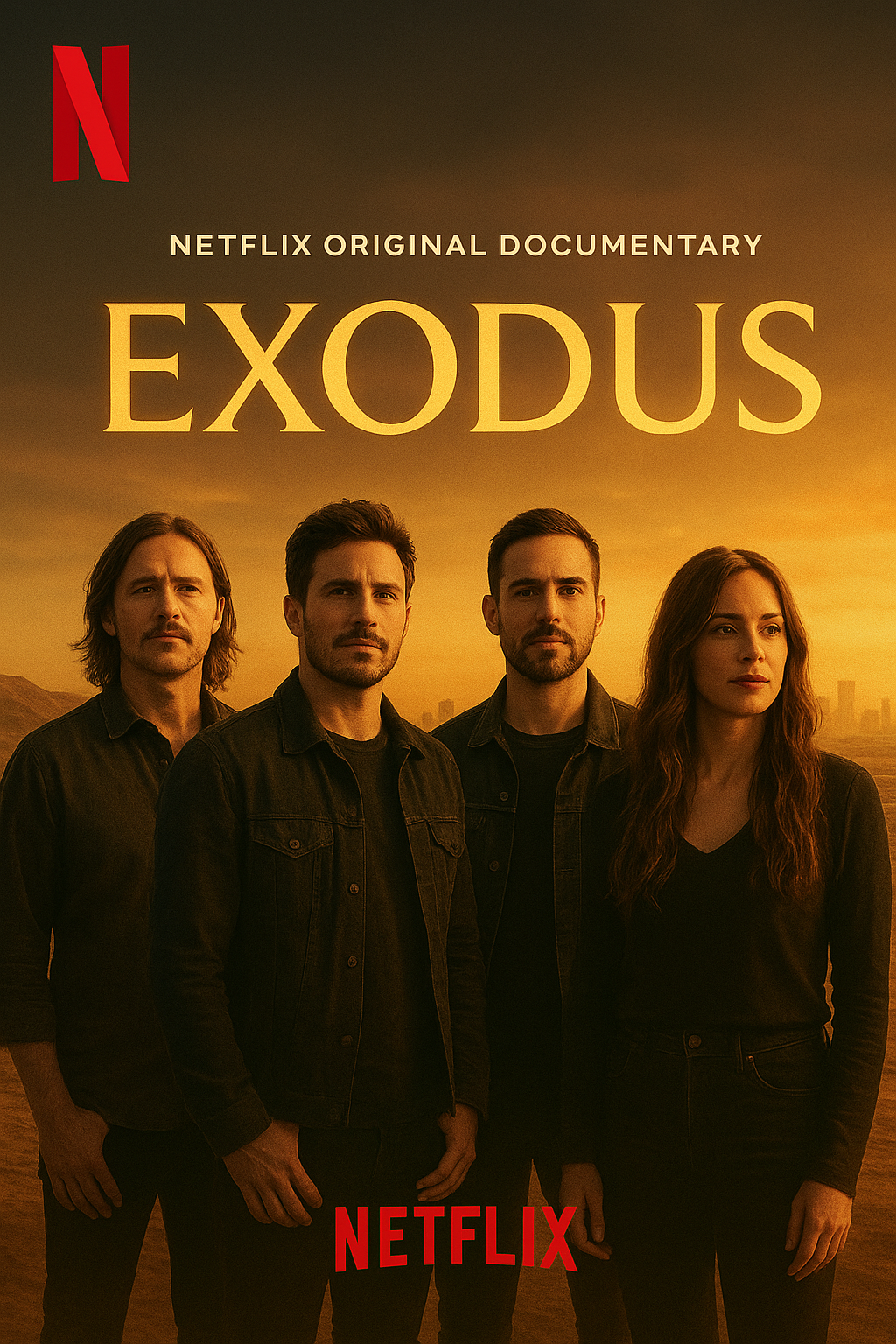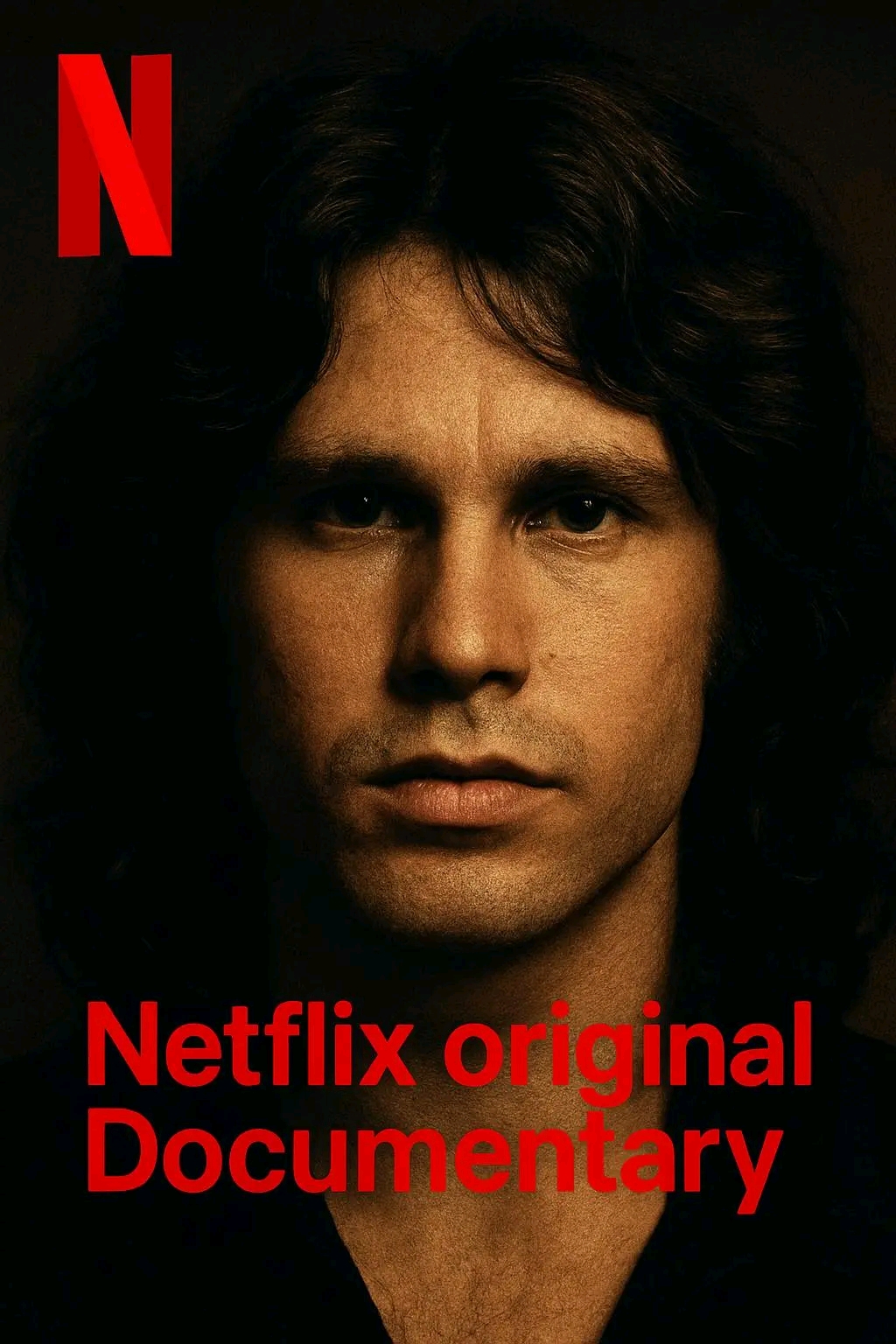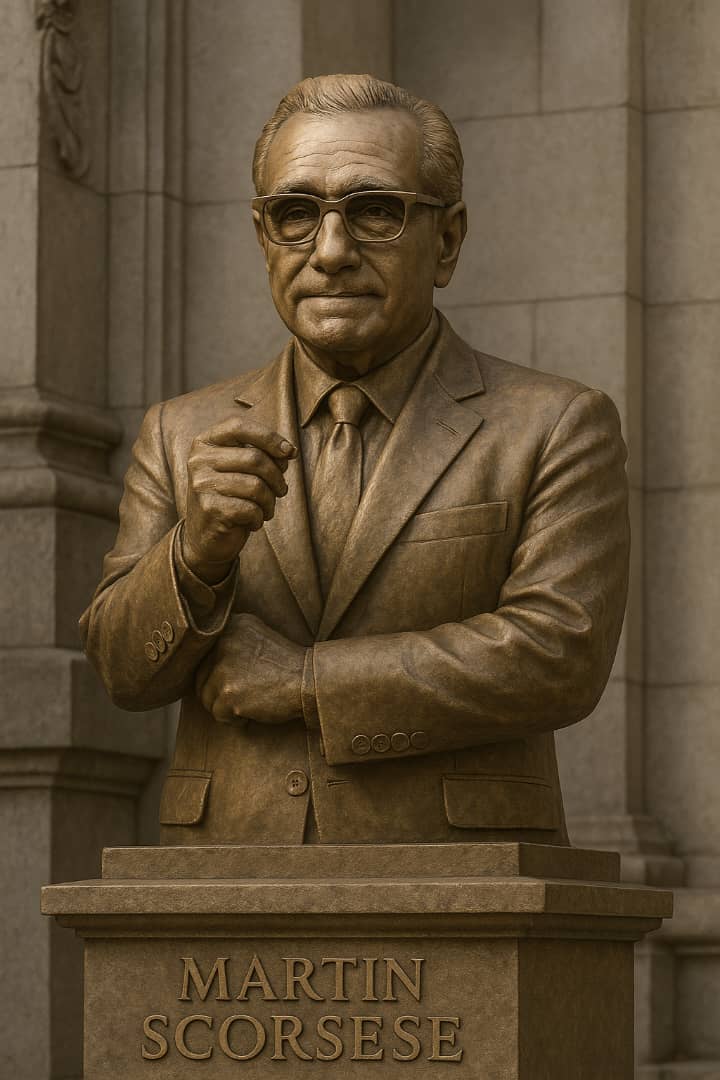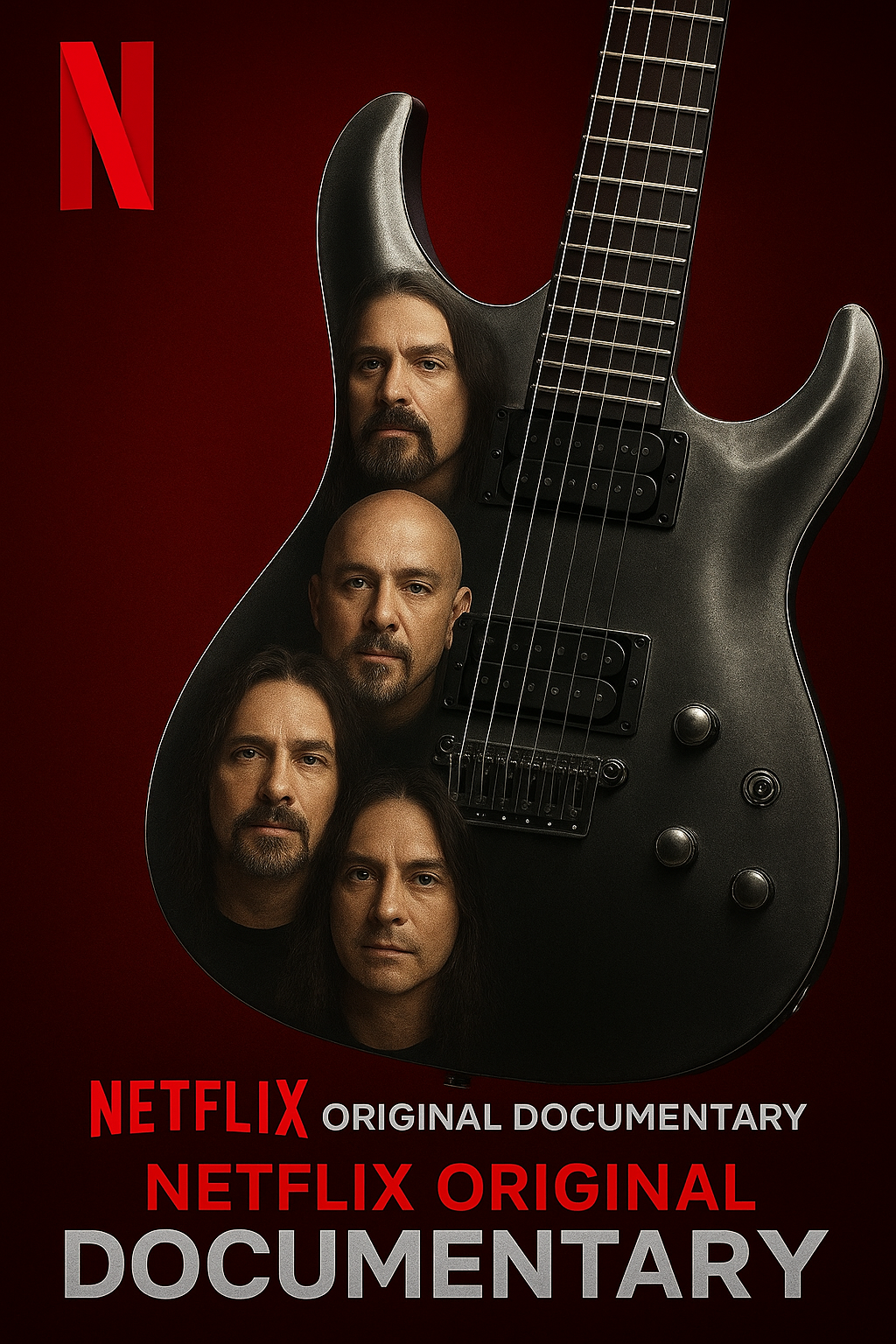Netflix has once again captured the attention of audiences worldwide with the release of a trailer for its upcoming documentary, Exodus. The project, already generating waves of excitement across social media, is set to delve into one of history’s most compelling narratives, exploring themes of migration, identity, faith, and resilience. The trailer hints at a sweeping visual journey, blending personal accounts with breathtaking cinematography and scholarly perspectives. As with many of Netflix’s most successful documentary ventures, Exodus promises to be both thought-provoking and visually stunning.
The trailer opens with panoramic shots of deserts, seas, and crowded modern cities, immediately drawing a parallel between the ancient story of exodus and the struggles faced by displaced people today. The narration, calm yet evocative, suggests that the documentary will not simply recount the biblical narrative but also connect it to the lived experiences of countless individuals across generations. It appears designed to provoke reflection on the universality of human displacement and the eternal search for freedom and belonging.
What stands out immediately is Netflix’s investment in storytelling that fuses the ancient with the contemporary. Instead of positioning Exodus as strictly a historical or religious documentary, the trailer suggests a broader exploration of how migration and survival shape societies. This approach echoes Netflix’s track record of producing content that resonates on multiple levels, appealing to those interested in faith, history, politics, and human rights alike.
The production values seem especially high, with sweeping aerial drone shots, carefully reconstructed dramatizations, and interviews with experts ranging from historians and theologians to anthropologists and activists. These voices appear intercut with the raw testimony of modern migrants, their stories serving as a reminder that while the word “exodus” may evoke the distant past, it remains painfully relevant in today’s world.
One of the striking features in the trailer is the juxtaposition of biblical imagery with real-world events. Sandstorms blend into smoke from refugee camps, caravans of ancient travelers dissolve into images of modern families crossing borders with little more than what they can carry. This editing choice highlights the cyclical nature of displacement and underscores the timeless human longing for safety, dignity, and hope.
The score plays an equally powerful role, blending traditional Middle Eastern instruments with a modern orchestral soundscape. The music swells at key moments, amplifying the emotion of the visuals and grounding the documentary in both historical reverence and contemporary urgency. Netflix has often excelled at using sound design to elevate its documentaries, and Exodus seems no exception.
Social media reactions to the trailer have already begun pouring in, with many users expressing excitement about the project’s ambitious scope. Some highlight the relevance of the subject matter given today’s global refugee crises, while others are eager to see how faithfully the documentary handles the biblical source material. The dual audience of religious viewers and secular history enthusiasts makes this release particularly unique, as it must balance reverence with critical inquiry.
What also adds intrigue is Netflix’s reputation for sparking global conversations through its documentaries. Past hits like Our Planet and The Social Dilemma demonstrated the platform’s ability to inspire debate and raise awareness on pressing issues. With Exodus, the conversation will likely extend into discussions about faith, history, geopolitics, and human rights. This makes the project more than just a documentary—it is poised to be a cultural event.
The trailer also teases interviews with religious leaders from various faiths, suggesting that Exodus will not shy away from interfaith dialogue. This is significant, as the story of exodus resonates not only within Judaism and Christianity but also in broader spiritual and cultural traditions. By presenting multiple perspectives, Netflix seems to be positioning the documentary as inclusive rather than prescriptive, encouraging viewers to engage thoughtfully with the subject matter.
Beyond the historical and spiritual lens, Exodus appears to highlight personal resilience. Clips of modern-day individuals telling their stories—some fleeing war, others searching for a better life—remind viewers that the concept of leaving one’s home for survival or freedom is not just an ancient tale but a living, breathing reality. This emotional grounding is likely to give the documentary a universal appeal, ensuring it speaks to audiences regardless of their background.
Critics have long noted that one of Netflix’s strengths lies in accessibility, both in terms of global reach and cultural resonance. With subtitles in multiple languages and simultaneous worldwide release, Exodus will undoubtedly reach audiences in diverse contexts, many of whom may find personal connections with the themes of migration and displacement. This accessibility ensures the documentary’s potential impact stretches far beyond traditional academic or religious circles.
Ultimately, the trailer for Exodus signals a documentary that is as much about today as it is about yesterday. By weaving together the biblical account, modern parallels, and human voices across time, Netflix seems to be crafting a project that not only entertains but also educates and inspires. As anticipation builds, one thing is certain: Exodus is shaping up to be a landmark release in Netflix’s ever-growing library of documentaries, promising to spark conversations that extend far beyond the screen.



